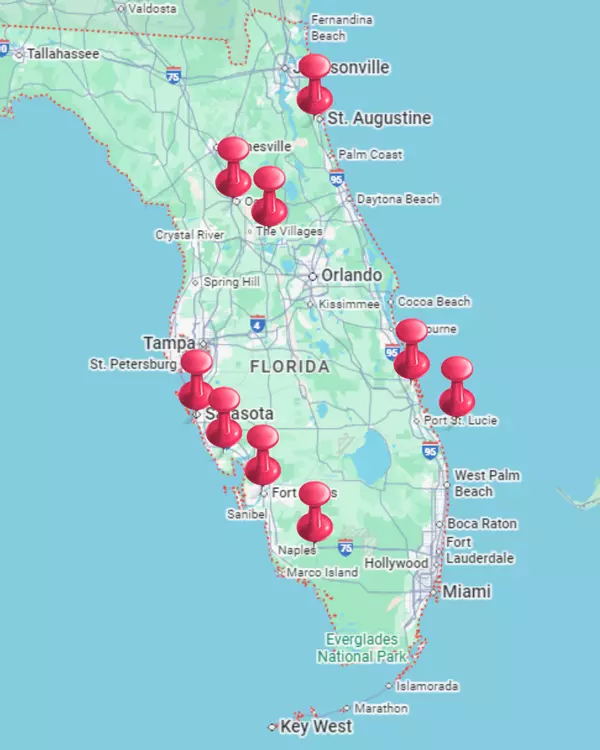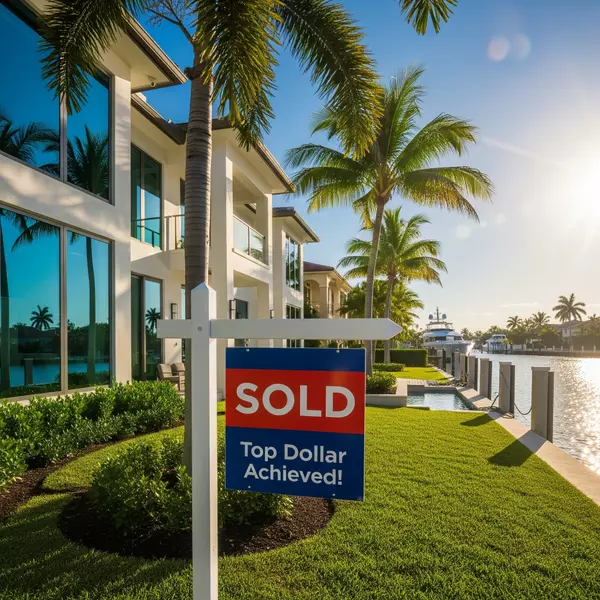
The Ultimate Fort Lauderdale Lifestyle Bucket List
The Ultimate Fort Lauderdale Lifestyle Bucket List Are you ready to move to Fort Lauderdale FL and dive into the vibrant lifestyle awaiting you? Here’s your curated bucket list of must‑do experiences in the city, especially convenient for Victoria Park residents

Designing a Purposeful Life in Victoria Park: More Than Just a Move
Yes — choosing to live in Victoria Park means more than relocating; it’s embracing a lifestyle rooted in connection, community, and intention. With its walkable streets, rich amenities, and distinct character, this neighborhood under an expert guidance that offers you the chance to design a life wit

Simplify Without Sacrificing: The Best Walkable Neighborhoods in Fort Lauderdale
Yes — you can enjoy a simpler, calmer lifestyle without giving up convenience in Fort Lauderdale, especially if you focus on its most walkable neighborhoods. Areas like Flagler Village, Colee Hammock and Victoria Park offer the rare combo of pedestrian‑friendly streets, shops/restaurants on foot, an
Categories
Recent Posts










